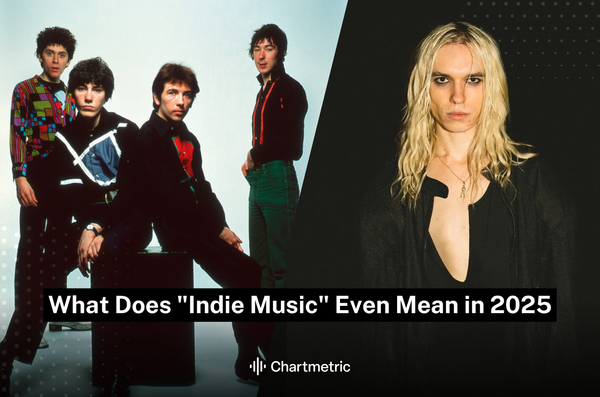When we started Make Music Equal and created the industry’s first artist-pronoun database, our vision was to help build a music industry that values a level playing field and strives to give an equal voice to all people. This vision hasn’t changed and we knew that to achieve it, we would have to continually evolve and update the dataset to make sure it is as diverse and inclusive as we aim for the music business to be.
If you read our first article about the creation of the database, you may recall our explanation of why language was a roadblock in reliably detecting the correct pronouns for an artist. This resulted in the first version of the Make Music Equal dataset mainly focusing on artists with bios in English, which was still a big step forward, but we didn’t want to just leave things there.
Over the past few months, we’ve worked closely together with Latin American music market expert Santiago González Gutiérrez to expand the artist-pronoun database and include the next most common language for artist bios - Spanish. Thanks to his extensive knowledge of Latin music, fluency in the language, and solid understanding of the local artists and markets, we were able to identify a new set of Spanish keywords that could reliably detect the correct pronouns for an artist. After multiple accuracy checks and adjustments, we eventually reached a confidence level of well over 90 percent and were ready to upgrade to the next version of the dataset.
Access the free, open-source artist pronoun dataset here: Make Music Equal (Creative Commons license)
Today, the Make Music Equal database has a total of over 686K artists with matched pronouns and nearly 74K of these new additions come from Spanish artist bios. As we originally promised, we will continue to evolve and update this database to include artists and creatives from all backgrounds and origins. With this month of June celebrating both LGBTQIA+ Pride and appreciation of African-American music, Asian American and Pacific Islander Heritage Month having just passed in May, and Hispanic Heritage Month fast approaching in the fall, we continue to champion the fact that there is always space for everyone to be included, represented and respected. Data continues to be a driving force towards social equity and diversification and we strongly believe in being part of furthering the conversation into tangible action.
—> If you’d like to provide feedback or collaborate on this effort, please contact [email protected]!






